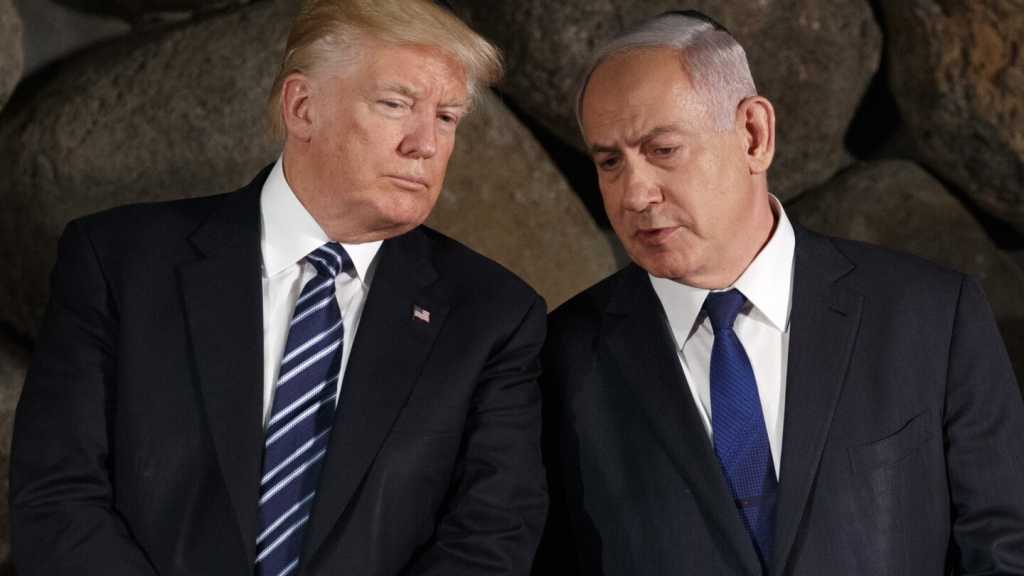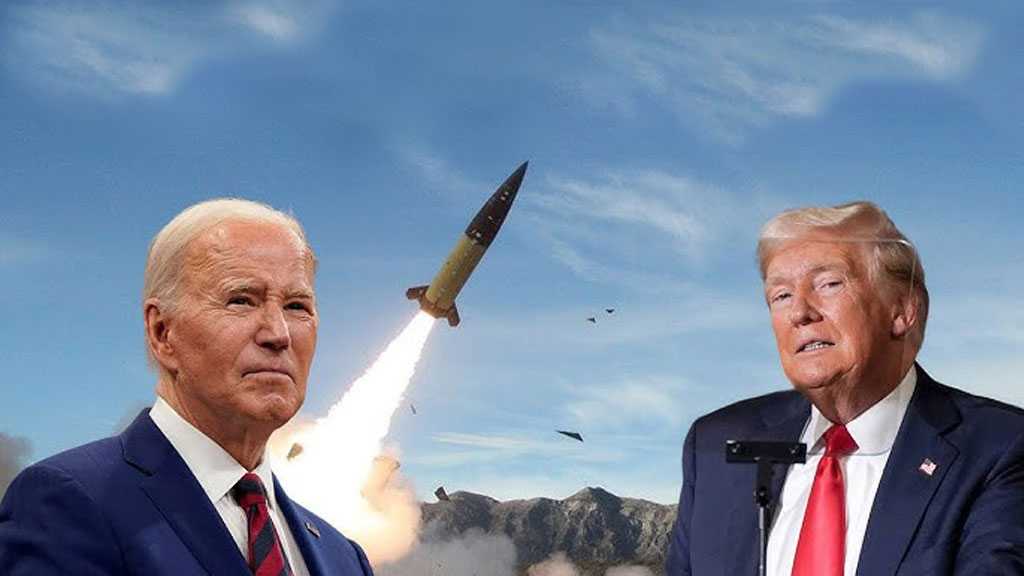Republican vs. Democrat: One Coin, Two Faces in Middle Eastern Policy

By Mohammad Hammoud
American foreign policy in the Middle East often appears as a dichotomy—two faces of the same coin that reflect the complex and sometimes contradictory relationship between the United States and the countries of the region. Both the Democratic and Republican parties, while differing in rhetoric and approach, ultimately share a common commitment to maintaining a strong alliance with “Israel”, supplying it with advanced military aid at the expense of broader regional stability and relations with Muslim nations. This essay explores how US presidents have navigated this intricate landscape, using the example of George W. Bush’s presidency to illustrate the broader patterns of American foreign policy in the Middle East.
When George W. Bush campaigned for the presidency in 2000, he made several promises aimed at improving relations with Muslim countries. His rhetoric suggested a willingness to engage with the Arab world, a sentiment that resonated with many Muslim voters, particularly in swing states like Florida. According to some reports, the narrow margin by which Bush won the state was influenced by support from Muslim voters who hoped for a more inclusive foreign policy. However, once in office, Bush’s policies starkly contrasted with his campaign promises. The invasion of Iraq in 2003, justified by the alleged presence of weapons of mass destruction, marked a significant turning point in U.S. relations with the Muslim world. This military intervention, widely viewed as an occupation of a Muslim nation, alienated many who had initially supported him. This pivot highlights how campaign rhetoric often contrasts sharply with enacted policy, reinforcing a pattern of continuity in US foreign policy that aligns more with established interests than with campaign promises.
Democratic and Republican Presidents Supported “Israel” Generously
The US relationship with “Israel” has consistently shaped American foreign policy in the Middle East, transcending party lines. Every president has provided substantial military and financial aid to “Israel”, often justified by the narrative of a shared commitment to “democracy” and security in the region. For instance, President Bill Clinton's administration provided “Israel” with approximately $6 billion annually in military assistance, continuing a trend that began with earlier administrations. George W. Bush notably increased military aid, pledging $30 billion over ten years—a commitment that included advanced weaponry such as bunker busters, designed to penetrate hardened targets. This support has been framed as essential for “Israel's” security, but it also raises questions about the implications for US relations with Arab nations.
Barack Obama’s presidency marked another chapter in this complex narrative. Although he initially sought to engage with the Muslim world—most notably through his speech in Cairo in 2009—his administration continued the tradition of unwavering support for Israel. Obama’s administration provided “Israel” with $38 billion in military aid over ten years and facilitated the sale of advanced weapons systems, including F-35 fighter jets.
The Trump administration took this dynamic to new heights, openly aligning itself with “Israeli” Prime Minister Benjamin Netanyahu’s government. Trump recognized Occupied Al-Quds as “Israel’s” capital and moved the US embassy there, a decision that was met with widespread condemnation across the Arab world. This move exemplified how American foreign policy often prioritizes “Israeli” interests, even at the cost of regional stability and US standing in the Muslim world
Analysis of Policy Consistency: Scholarly Perspectives
Political analysts and scholars argue that US foreign policy towards “Israel” and the Middle East reveals a pattern of entrenched interests. Scholar Stephen M. Walt has argued that the "Israel lobby" has exerted significant influence over American policy, ensuring sustained bipartisan support through strategic lobbying efforts and aligning US policy with “Israeli” interests. Walt and political scientist John J. Mearsheimer, in The “Israel” Lobby and US Foreign Policy, contend that regardless of who holds office, US support for “Israel” is nearly unconditional, largely due to powerful domestic political influences that make significant policy shifts unlikely.
Similarly, political commentator Noam Chomsky has highlighted US military support for “Israel” as a reflection of broader US strategic interests, which prioritize regional hegemony and access to resources. Chomsky argues that this continuity in US policy demonstrates an "imperial framework" rather than any genuine ideological commitment to human rights or democracy, pointing to the alignment of US actions across both Republican and Democratic administrations.
Supporters of “Israel”, often those who receive AIPAC donations, defend their backing of “Israel” as essential for maintaining regional stability. However, this perspective has been challenged by numerous independent researchers and scholars in the US, who argue that such claims oversimplify a complex situation and overlook the growing resentment and alienation felt by many in the Muslim world. The ongoing “Israeli” military operations in Gaza and Lebanon, which have resulted in the deaths of thousands of civilians and the destruction of entire villages, are perceived by many Muslims as tacit approval from the US government. This perception has further strained US Muslim relations, as many in the Muslim world interpret American support for “Israel” as an endorsement of its military actions. Consequently, this dynamic has led to increased anti-American sentiment and complicated diplomatic efforts in the region, hindering the possibility of a peaceful resolution to ongoing conflicts.
Conclusion
The consistent American approach to “Israel” and the Middle East, exemplified by continued military aid and diplomatic backing, highlights a deeply entrenched bipartisanship that transcends changes in leadership. Although presidential candidates may offer varying rhetoric on Middle Eastern issues during campaigns, once in office, their policies align closely with the established US strategic framework. This continuity raises questions about the role of US foreign policy in fostering regional stability and its long-term impacts on peace and security. Without significant shifts in policy, the US is likely to continue down the same path, where two parties serve as "two faces of the same coin," prioritizing military strength and strategic interests over calls for a balanced approach to peace in the Middle East.




